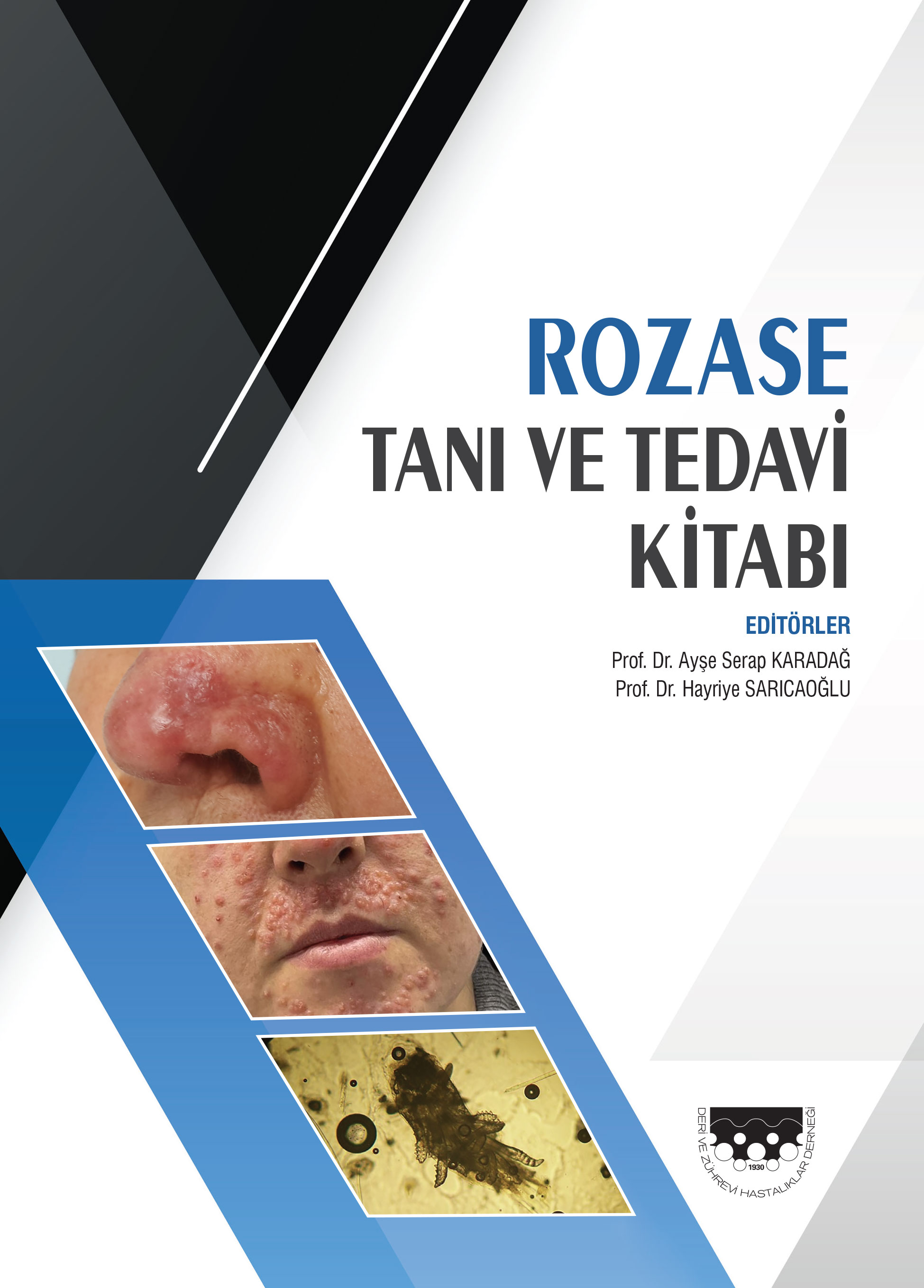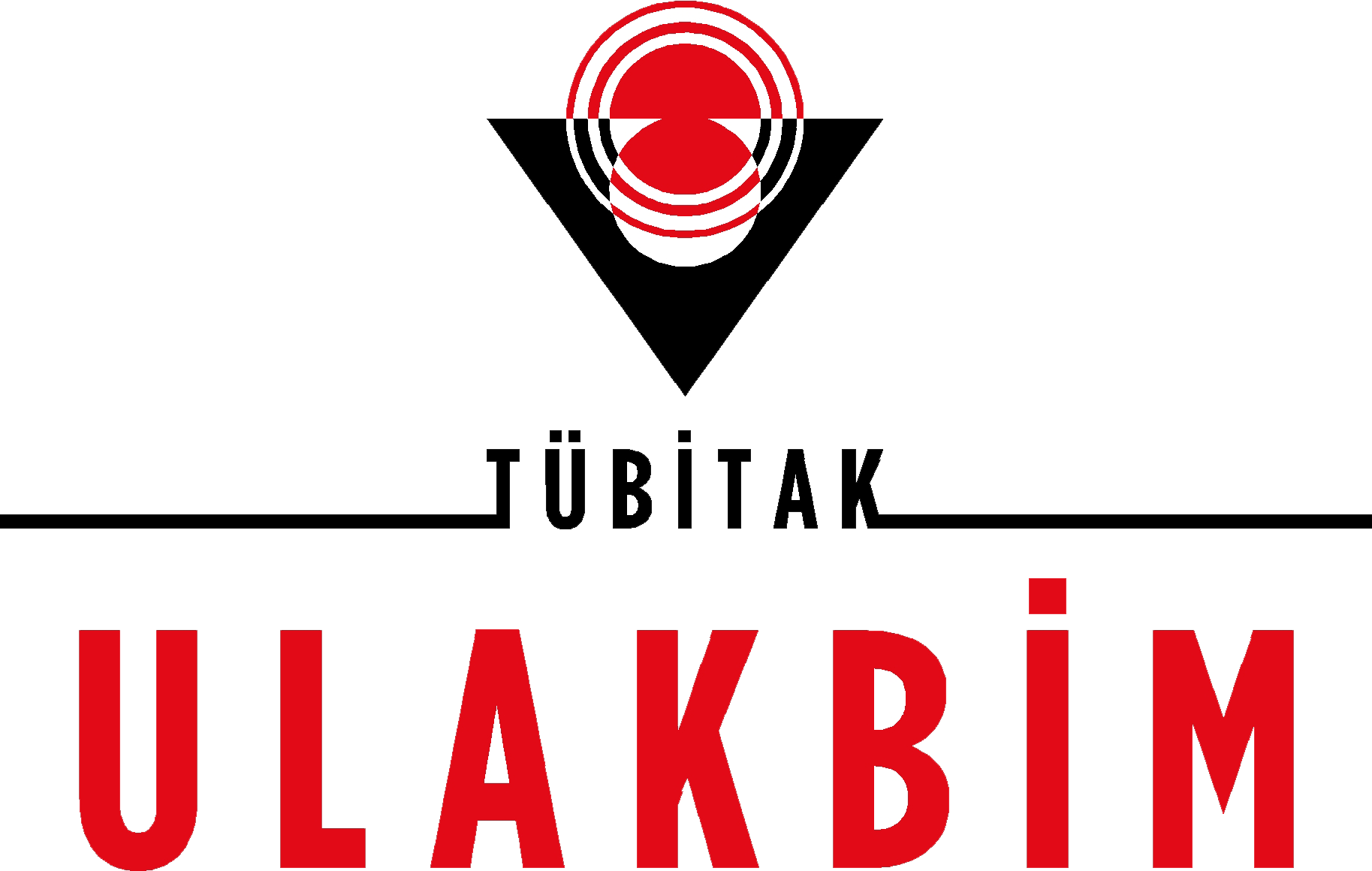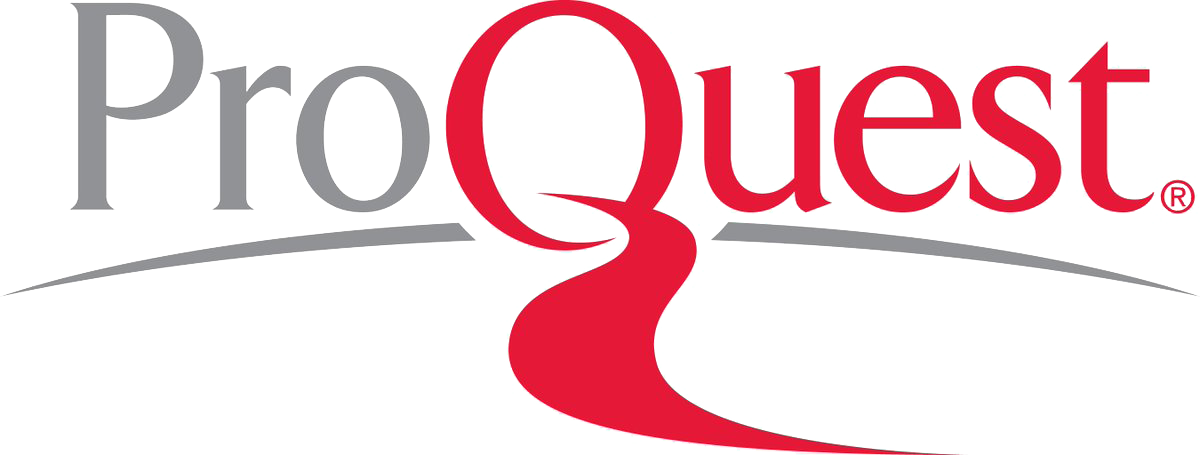Factors influencing the prognosis in Braf wild-type metastatic malignant melanoma and the role of novel inflammation indices
Senar Ebinç, Ziya Kalkan, Zeynep Oruç, Yasin Sezgin, Zuhat Urakçı, Mehmet Küçüköner, Muhammet Ali Kaplan, Abdurrahman IşıkdoğanDicle University Faculty of Medicine, Department of Medical Oncology, Diyarbakır, TürkiyeBackground and Design: This study aims to investigate the prognostic factors in BRAF wild-type metastatic cutaneous melanoma and the prognostic role of inflammation indices.
Materials and Methods: Metastatic BRAF wild-type cutaneous melanoma patients who presented to our clinic between 2011 and 2021 were enrolled. To investigate their prognostic roles, age, gender, performance status, first immunotherapy regimen received by the patient, metastatic sites, and seven inflammation indices [C-reactive protein (CRP)/albumin ratio (CAR), neutrophil lymphocyte ratio (NLR), prognostic nutritional index (PNI), platelet lymphocyte ratio (PLR), systemic immune-inflammation index (SII) and advanced lung cancer inflammation index (ALI) and hemoglobin, albumin levels, lymphocyte and platelet counts (HALP)] were studied.
Results: Fourty-seven patients, consisting of 22 (46.8%) females and 25 (53.2%) males, were included in this study. Mean patient age was 54 (18-88) years. In our study, there were 16 (34%) patients with liver metastasis, 17 (36.2%) patients with lung metastasis, and 9 (19.1%) patients with brain metastasis. As immunotherapy, 34 (72.3%) patients had received Nivolumab, while 13 (27.7%) patients had received Ipilimumab therapy. When the relationships of the prognostic variables with overall survival were inspected in univariate and multivariate analyses, brain metastasis was found to be an independent prognostic factor (p=0.02). Lung metastasis approached the threshold of statistical significance in univariate analysis (p=0.09) and liver metastasis in multivariate analysis (p=0.07). The seven inflammation indices examined in the analyses [CAR, NLR, PNI, PLR, SII ALI and HALP] were found to have no prognostic role in both univariate and multivariate analyses.
Conclusion: Our study determined that brain metastasis is an independent poor prognostic factor in BRAF wild-type metastatic melanoma. Prognostic roles of the CAR, NLR, PNI, PLR, SII ALI and HALP indices could not be demonstrated.
Keywords: BRAF wild, metastatic melanoma, inflammation indices, prognosis
Braf wild tip metastatik malign melanomda prognozu etkileyen faktörler ve yeni enflamasyon indekslerinin rolü
Senar Ebinç, Ziya Kalkan, Zeynep Oruç, Yasin Sezgin, Zuhat Urakçı, Mehmet Küçüköner, Muhammet Ali Kaplan, Abdurrahman IşıkdoğanDicle Üniversitesi Tıp Fakültesi, Iç Hastalıkları Ana Bilim Dalı, Tıbbi Onkoloji Bilim Dalı, DiyarbakırBu çalışma BRAF wild tip metastatik melanomda prognostik faktörleri ve enflamasyon indekslerinin prognostik rolünü araştırmayı amaçlamaktadır.
Gereç ve Yöntem: Kliniğimize 2011-2021 yılları arasında başvuran metastatik evre BRAF wild tip melanom hastaları dahil edildi. Prognostik rolleri araştırılmak üzere; yaş, cinsiyet, performans durumu, aldığı ilk immünoterapi ve metastaz alanları ile birlikte 7 enflamasyon indeksi [C-reaktif protein (CRP)/albumin oranı (CAR), nötrofil lenfosit oranı (NLR), prognostik nütrisyonel indeks (PNI), platelet lenfosit oranı (PLR), sistemik immün-enflamasyon indeks (SII), ileri akciğer kanseri enflamasyon indeksi (ALI) ve hemoglobin, albumin düzeyi, lenfosit ve platelet sayısı skoru (HALP)] incelendi.
Bulgular: Çalışmamıza 22 (%46,8) kadın, 25 (%53,2) erkek olmak üzere toplam 47 hasta alındı. Hastaların ortalama yaşları 54 (18-88) yıl idi. Çalışmamızda 16 (%34) hastada karaciğer metastazı, 17 (%36,2) hastada akciğer metastazı, 9 (%19,1) hastada ise beyin metastazı mevcuttu. İmmünoterapi olarak 34 (%72,3) hasta Nivolumab, 13 (%27,7) hasta ise Ipilimumab tedavisi almıştı. Genel sağkalım ile potansiyel prognostik değişkenlerin ilişkisine bakıldığında tek ve çok değişkenli analizde beyin metastaz varlığı bağımsız prognostik faktör olarak tespit edildi (p=0,02). Tek değişkenli analizde akciğer metastaz varlığı (p=0,09), çok değişkenli analizde karaciğer metastaz varlığı (p=0,07) istatistiksel anlamlılık sınırına yakındı. Analizlerde incelenen 7 enflamasyon indeksinin [CAR, NLR, PNI, PLR, SII ALI ve HALP] hem tek hem çok değişkenli analizde prognostik rollerinin olmadığı gözlendi.
Sonuç: Çalışmamızda beyin metastaz varlığı BRAF wild tip metastatik melanomda bağımsız kötü prognostik faktör olarak tespit edildi. CAR, NLR, PNI, PLR, SII ALI ve HALP indekslerinin prognostik rolleri gösterilemedi.
Anahtar Kelimeler: BRAF wild, metastatik melanom, enflamasyon indeksleri, prognoz
Manuscript Language: English























